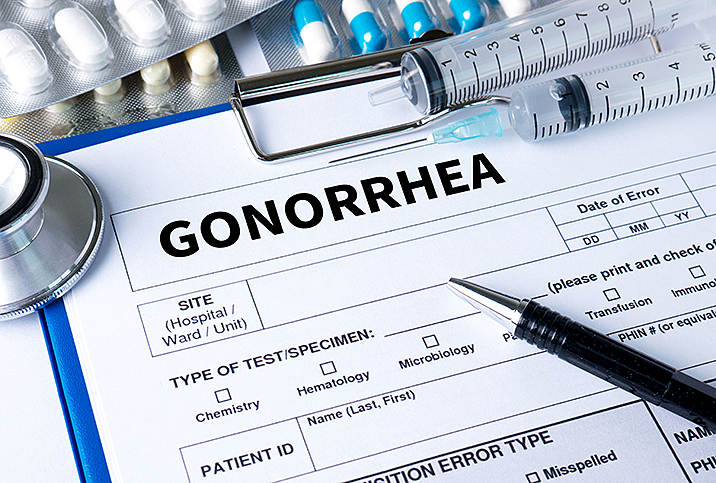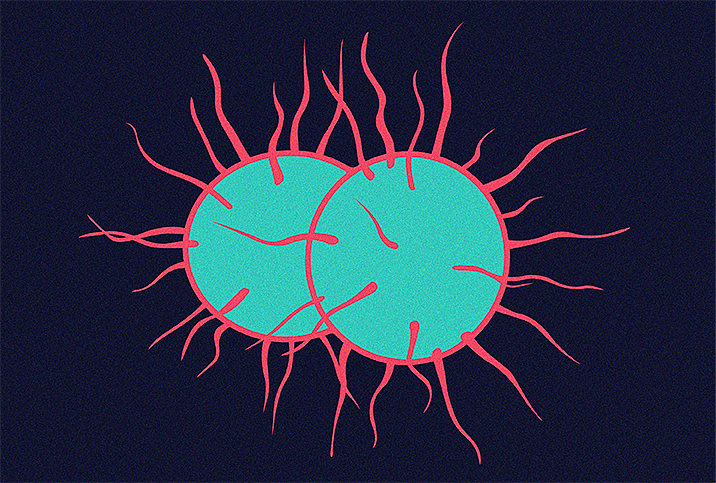How to Know Whether You Have Gonorrhea

Gonorrhea most commonly affects the urethra, rectum and throat, though it can also infect the cervix, according to the Mayo Clinic. Infected pregnant women can also pass the infection on to their baby during vaginal delivery. In newborns, the infection usually affects the eyes.
Symptoms & risk factors of gonorrhea
Gonorrhea, a common sexually transmitted disease (STD), can cause a variety of symptoms that range from mild to severe, depending on the infection. However, gonorrhea has also been known to show no symptoms at all in some people.
Symptoms to be aware of include:
- Pus-like penis discharge
- Painful urination
- Testicular swelling or pain
- Increased vaginal discharge
- Abdominal or pelvic pain
- Vaginal bleeding between periods
- Vaginal bleeding after intercourse
- Anal itching or pus-like discharge
- Rectal bleeding
If you experience any of these symptoms, consult your doctor immediately. Untreated gonorrhea can lead to infertility, infection and an increased risk of contracting other STDs, including HIV. Early detection and treatment is the best way to avoid any complications.
According to medical experts, sexually active women under the age of 25, men who have sex with other men, individuals who have sex with multiple partners (and those who have sex with them), and individuals with a history of STDs are all at a greater risk of contracting gonorrhea.
Get tested & treated for gonorrhea
If you undergo screening for gonorrhea, knowing what to expect can make the process smoother.
First, your doctor will likely recommend that you give a urine sample. If you are experiencing symptoms, your doctor may swab the affected area, whether it’s the throat, vagina, urethra or rectum. The swab, which will collect any bacteria present, will then be sent to a lab for testing.
If your test results come back positive, your doctor will talk to you about available treatment options.
Typically, gonorrhea treatment involves oral or injectable antibiotics. You should be sure your partner is also tested and treated for gonorrhea to prevent reinfection. It’s also important to keep in mind that you should abstain from sex until your treatment has been completed and you test negative for the disease. Remember to take the full course of treatment, even if symptoms disappear.
Some strains of gonorrhea have developed resistance to antibiotics, making it even more important for people to take testing and treatment seriously, or risk the further spread of gonorrhea.
Reduce your gonorrhea risk
To reduce your risk of contracting the disease, you can abstain from sex or take care to always use a condom. You can also reduce your risk by having sex with just one mutually monogamous partner. Before you have sex with someone new, you should both get an STD test as an added precaution.
Just because you don’t experience symptoms associated with gonorrhea doesn’t mean you’re STD-free. Be sure to get screened regularly for gonorrhea and other STDs, especially if you believe you might be at any risk of contracting them.

















